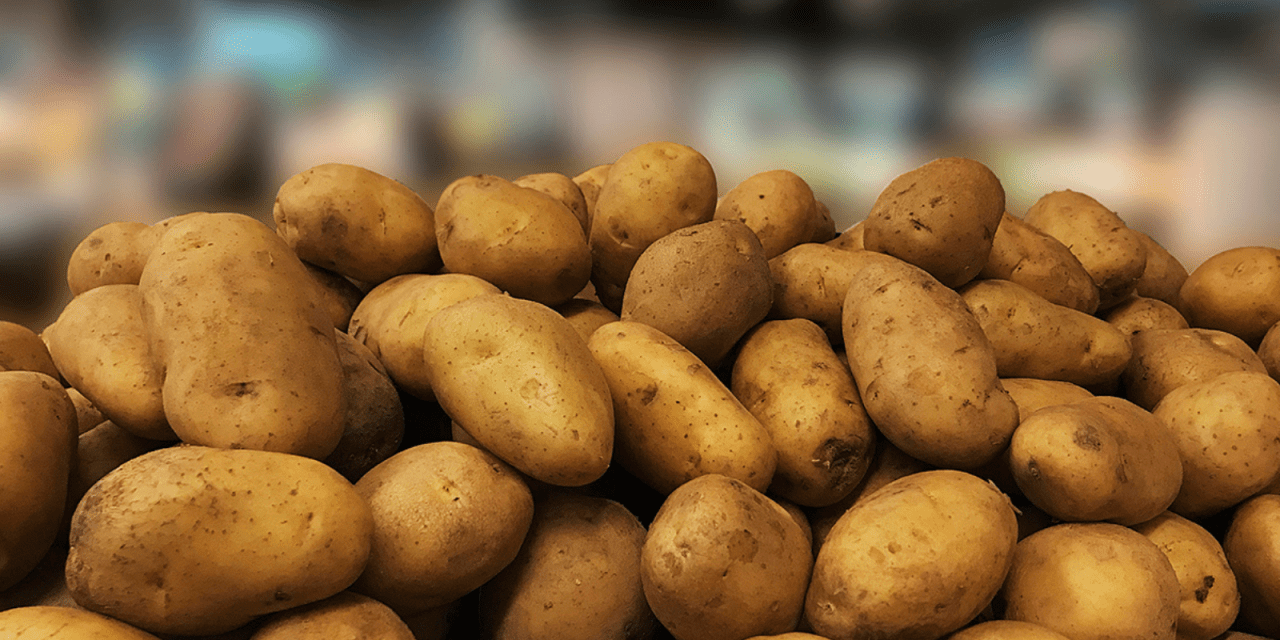
AGRA Launches Sustainable Potato Initiative to Boost Productivity, Support Farmers
Overall the project intends to increase seed potato production of in-demand varieties by 50%, provide 150,000 farmers with extension services
In Kenya, the potato farming businesses are not only a crucial dietary component but also a key cash crop for millions of farmers, impacting over 800,000 households and contributing more than KES 50 billion (~US$ 324 million) to the economy.
However, challenges such as low productivity, inadequate access to quality seeds, and marketing barriers hinder the sector’s growth. On average, Kenyan farmers achieve a mere 7-10 tons per hectare, impairing their competitiveness against regional producers like Egypt and South Africa.
Recognizing these challenges, AGRA, in collaboration with the National Potato Council of Kenya (NPCK), Egerton University, the Kenya Agricultural and Livestock Research Organization (KALRO), and County Governments of Nyandarua, has launched the Kenya Sustainable Potato Initiative (KSPI) in a bid to enhance potato productivity in Kenya.
The transformative program aims to revitalize the potato subsector across Nyandarua, Meru, Laikipia, and Nandi Counties, with a focus on improving productivity and marketing to establish a sustainable potato food system.
Over the course of three years, from July 2024 to June 2027, the initiative will target 150,000 farmers—40% of whom will be women and 10% youth—enhancing their incomes, boosting competitiveness in the industry, and generating over 4,800 job opportunities for young people in primary production, input sourcing, and marketing.
The KSPI will be implemented by NPCK, KALRO, Egerton University, Viazi Kings, and SimpleFine, focusing on several critical interventions throughout the potato value chain.
These efforts include building inclusive and structured input and output markets, facilitating access to financial services, and creating trade opportunities for smallholder potato farmers. The initiative is pivotal for improving coordination within the potato sub-sector, ultimately supporting inclusive agricultural transformation.
Funded by the Gates Foundation through AGRA, this project is set to play a crucial role in ensuring food security in Kenya, significantly integrating small-scale farmers into both seed and ware potato value chains.
During the launch, John Macharia, AGRA’s Kenya Country Director, emphasized the initiative’s aim to foster stronger market systems for the private sector, highlighting the importance of cooperatives that not only enhance value addition and market access but also evolve into commercial enterprises that equitably engage farmers in the value chain.
Additionally, Macharia underscored the program’s commitment to strengthening extension services by partnering with county governments to effectively support farmers.
Recognized as both a staple food and a cash crop, potatoes rank as Kenya’s second most important food crop after maize, impacting over 800,000 households, engaging 2.7 million individuals along marketing channels, and contributing more than KES 50 billion (~US$ 324 million) to the economy.
Despite these contributions, productivity remains low—averaging only 7-10 tons per hectare—due to inadequate agronomic practices and poor-quality seeds. A 2019 analysis by TechnoServe revealed that while potato production grew steadily until 2010, productivity stagnated thereafter, hampering Kenya’s competitiveness against regional producers like Egypt and South Africa.
Prof. John Ndiritu, Chair of the NPCK, noted that inadequate seed availability is a major challenge for farmers. The KSPI aims to triple the current potato seed production from 900 metric tons to 2,700 metric tons over the next three years, expanding the variety of certified seeds to meet the demands of franchises requiring traceable and standardized produce.
Overall, the project intends to increase seed potato production of in-demand varieties by 50% and provide 150,000 farmers with essential extension information on sustainable farming practices.
Furthermore, it plans to strengthen and support 400 farmer groups in establishing a structured marketing system aligned with all relevant strategies and regulations in the project counties.
To achieve success within the potato industry, coordinated efforts from all stakeholders are vital. The Kenya Sustainable Potato Initiative is poised to unify and engage actors at both county and national levels to address existing challenges and leverage available opportunities within the sector.

